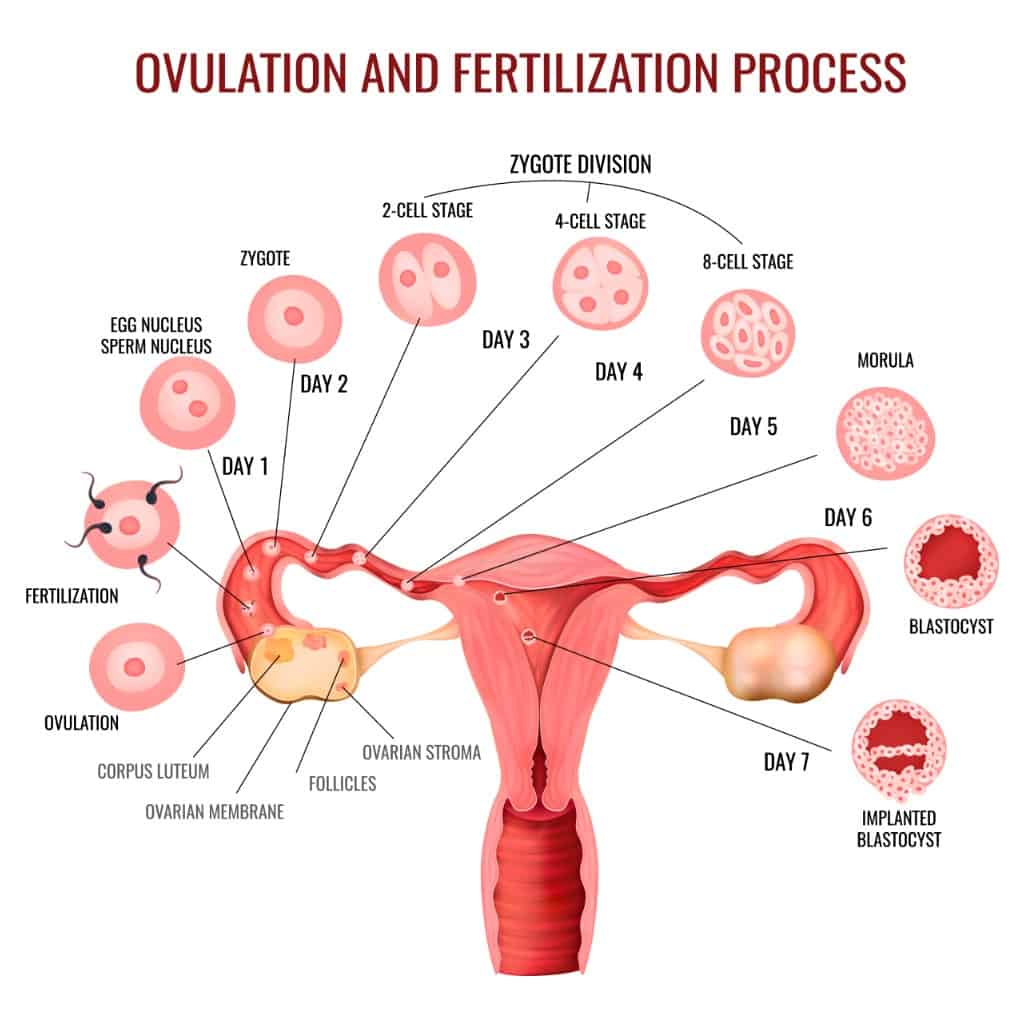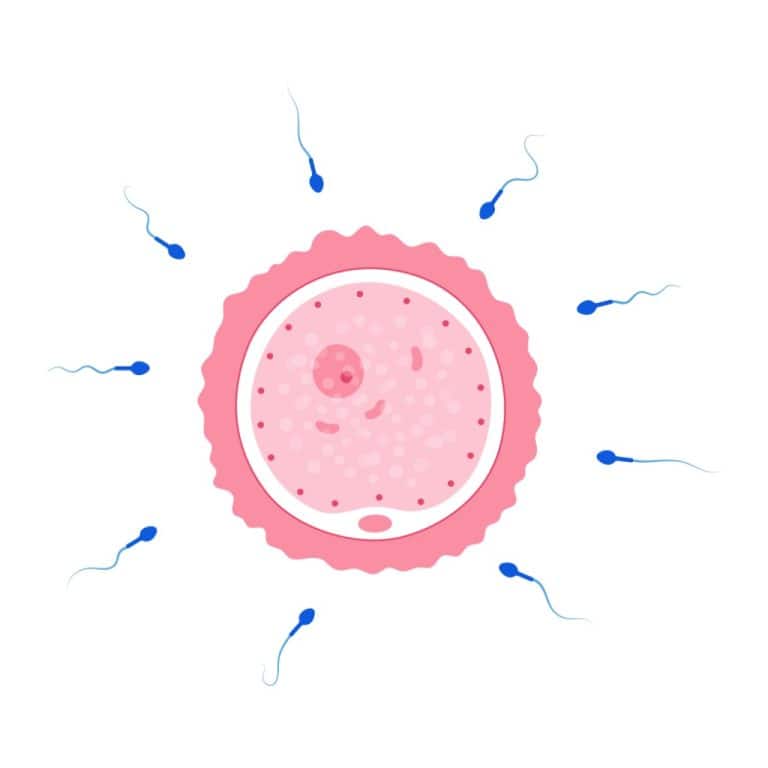Welcome to the Fertilization quiz! In this quiz, we will explore the fascinating process of fertilization, where an egg and sperm join together to create a new life. Get ready to learn all about the journey of the sperm, the role of the egg, and the amazing changes that happen during fertilization.
Have you ever wondered how babies are made? Well, you’re about to find out! From the moment of conception to the development of a baby in the womb, fertilization is a crucial step in the creation of life. So let’s dive in and test your knowledge on this incredible biological process!
Play Fertilization Quiz
Instructions
- This quiz is multiple choice.
- Read each question carefully before selecting an answer.
- Choose the best answer for each question.
- You will see the missed questions with correct answers at the end of the quiz.
Labeled Fertilization Guide

Quick Facts
- During fertilization, a sperm cell from the male and an egg cell from the female combine to create a new life.
- After fertilization occurs, the egg cell starts to divide and grow into an embryo.
- Fertilization usually takes place in the fallopian tubes of the female reproductive system.
- Only one sperm cell is needed to fertilize an egg cell, despite the millions that are typically released during ejaculation.
- The process of fertilization is crucial for the continuation of a species and the diversity of its gene pool.
- After fertilization, the newly formed embryo implants itself in the lining of the uterus to continue developing.
- Some plants and animals have unique methods of fertilization, such as external fertilization where eggs and sperm are released into water to meet and combine.
- Artificial fertilization techniques, such as in vitro fertilization (IVF), can help individuals who have difficulty conceiving naturally.
- Understanding the process of fertilization has led to advancements in reproductive technology and assisted reproductive techniques.
- Fertilization is a complex and fascinating biological process that ultimately leads to the creation of new life.
Downloads
Study Tips
- Create a study schedule and stick to it.
- Find a quiet and comfortable study environment.
- Remove distractions such as phones and social media.
- Take breaks every 25-30 minutes to avoid burnout.
- Use active studying techniques like summarizing, highlighting, and teaching concepts to someone else.
- Practice retrieval by testing yourself with flashcards or practice quizzes.
- Stay organized with notes, study guides, and resources.
- Stay hydrated and eat brain-boosting foods like fruits, nuts, and whole grains.
- Get enough sleep to improve memory retention and cognitive function.
- Reward yourself for reaching study goals to stay motivated.
